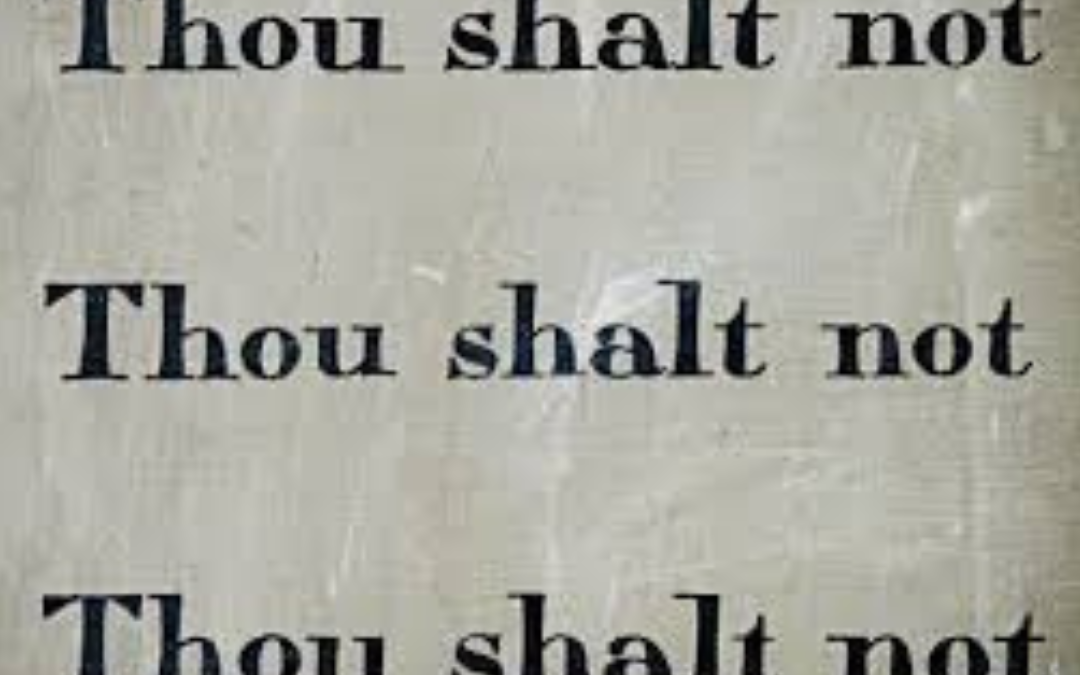“Guilt is not a response to anger; it is a response to one’s own actions or lack of action. If it leads to change then it can be useful, since it is then no longer guilt but the beginning of knowledge. ” – Audre Lorde
Story of the Lena
Lena (not a real person but a composite from my practice) is in her late 60s. Her demeanour is proud. She holds herself tightly together. She is well-dressed and is always immaculately put together for our sessions. When she was younger, spirituality and religion played an important role in her life. She would attend service weekly and was an active volunteer in her local church. Now, her life occupied with children and other activities, Lena finds herself spending more time away from the church. Her voice is devoid of emotion as she says she feels guilty that she doesn’t go to church more often. The statement hangs in the air waiting for one of us to save it from falling flat on the ground. In this pregnant pause, Lena looks at me earnestly and beseechingly. She expects me to have the answer to her guilt. Her eyes tell me that I am expected to do something with this pronouncement, but I am not sure what – do I absolve her as if I was her minister, or chastise her as if I was a parent?
Nature of Guilt as Punishing
Guilt is an emotion. It is better to think of it as a state of being like any other emotion that arises in our awareness. Guilt generally falls into the category of negative feeling states and is associated with behaviour and the word “should”. “I should do this” or “I shouldn’t have done that,” for example. It arises when we have violated a norm or value or when we have broken a rule – whether that be secular, parental or religious. When we feel guilty, we feel bad about ourselves. Guilt has universal triggers – doing something that we know goes against the norm or a value, or hurting or causing harm to someone or something.
Theo Rubin, in his book Compassion and Self-Hate, suggests that guilt with its sense of over-responsibility and morality is a means of blaming and hating ourselves. It is a feeling that we experience as depleting and fatiguing. His premise is that guilt destroys self-esteem, pleasure, well-being and happiness.
The challenge here is separate from the authoritative childhood messages, that is the Saturn archetype. Guilt is calling to make amends or a different choice. So much of our moral compass comes from earlier messages received from authority figures. If the feeling in the present is triggered from a childhood place, then possibly we haven’t done anything bad at all but instead need to evaluate the appropriateness of today’s internal message.
The Uselessness of Guilt
Iyanla Vanzant, a new thought spiritual teacher, dismisses guilt “as something totally useless and as a wasted emotion.” Like Lena, guilt can leave you stuck and paralyzed. The key to moving on from it is self-awareness and the question of what guilt serves. Does it serve the ego, self-hatred and self-blame or does it serve individuation?
Good Guilt
Jung understood that the experience of guilt is a natural part of the individuation process – that is to become who we truly are meant to be. In the process of individuation, human beings create their path of personal growth and uncover ways to develop themselves. Consequently, we must separate ourselves from the collective norms and values. Jung recognized that to walk this path, we understandably experience guilt. We feel like we are doing something wrong or committing a sin because we seemingly reject collective standards. However, what we must do is hold the apparent contradictions of following our own path while being contrary to collective norms. Walking the path of individuation takes tremendous courage. If we experience this guilt with awareness, then we make a conscious and responsible choice about which path to follow.
The Power of Taking Responsibility
Lena’s guilt keeps her stuck in her self-blame. By doing so, she didn’t take responsibility for her choices and instead rationalized her inability to move on as guilt. If we unpacked her guilt, we might find a treasure trove of feelings and experiences related to her congregation that lies buried beneath her guilt and prevents her from going. Now, the truth lies buried in the unconscious.
However, we must all accept our choices consciously. Either, Lena must own her decision not to go to church more and the true authentic reasons why or she must connect to the value that she finds there and make a choice to go. By staying in the guilt, she has nowhere to go but to be stuck, neurotic and unhappy.
Christina Becker
December 2022
Have you found value here? Have you been inspired or moved? Please consider sharing the post on your social media networks by using the buttons below.
I love to hear your comments and ideas. Use the comments below or send me an email.
Is this your first time here? Does your soul need feeding? Are you looking for a Jungian based inspirational reflection to help with life's challenges. The Jungian Path Newsletter is a monthly reflection on the theme of the new moon. Join the list today.

